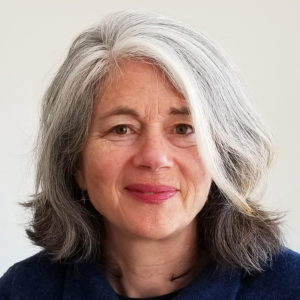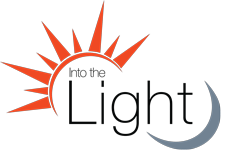07 Feb Writing to Connect to Ourselves and Others

In 2000, my father died by suicide and I divorced. I was 39 years old, a single mom to a five- year old son. This was a time of great heartbreak for me and my family. My mother, at this time, also lost her only sibling, Nancy, my namesake. They say that tragedy and this amount of loss can break you open. I believe it did for me. My therapist suggests the experience of tragedy is like walking into an open field.
Already a highly sensitive person, I was overflowing with feelings of grief, guilt, sorrow and pain. This was not an easy time. It was uphill all the way. My immediate family included my mother and two sisters, and historically, we did not speak about our feelings. Although I lived five minutes from my mother, we had a difficult time connecting. I found connection during this overwhelming time in three important places: therapy, art making (sculpting in stone and writing) and Al-Anon meetings. This personal “work” took great courage as I had come from a family of WASPS and Catholics which meant part of my “religion” included keeping silent about suffering and emotional pain. I found myself lonely and distant in my own family, full of shame. Slowly, I took steps to nurture myself in nature — walking alone every day in Huber Woods, pursuing artistic outlets, and finally following a secret dream of becoming a writer. (I wanted to be a painter or photographer too!)
While proudly raising my son, George, who is now twenty-four, I pursued a career in creative writing and graduated from Vermont College of Fine Arts with an MFA in creative writing. I was 46 when I received the degree. I began teaching at Brookdale Community College as an adjunct instructor in the English department.
My writing life, with work and determination, became my health and connection. I found solace, a place to hold my suffering. I found fellow writers for community.
Although I still live with the pain of my father’s suicide, I have discovered passion for language, poetry and storytelling. It took me fifteen years to publish a book a poems, The Blue Lantern, that maps my personal experience of that very difficult time. Sometimes I believe poetry saved me. One thing I know is true: I write to connect — to myself and others.
I would like to end with a favorite quote about poetry by John Berger: “Poems, regardless of any outcome, cross the battlefields, tending the wounded, listening to the wild monologues of the triumphant or the fearful. They bring a kind of peace. Not by anesthesia or easy reassurance, but by recognition and the promise that what has been experienced cannot disappear as if it had never been. Yet the promise is not of a monument. (Who, still on a battlefield, wants monuments?) The promise is that language has acknowledged, has given shelter, to the experience which demanded, which cried out.”


